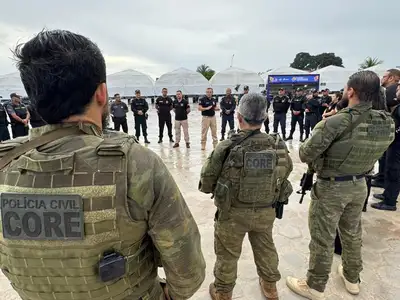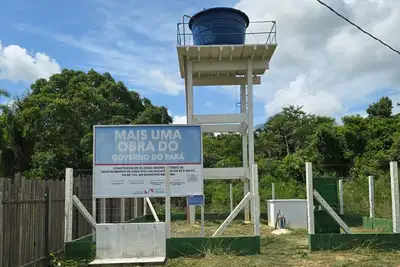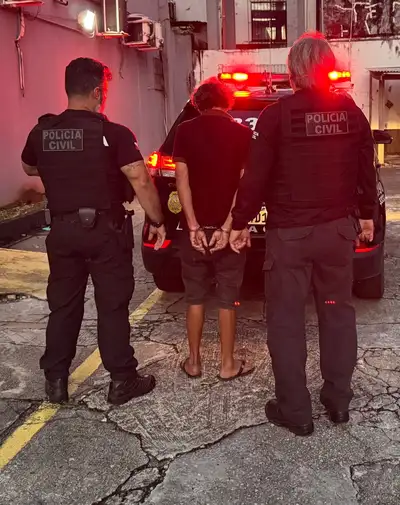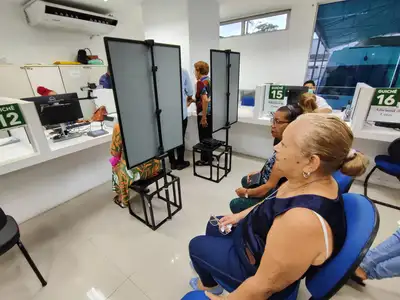ParáPaz Foundation highlights the importance of psychology in supporting victims of violence
Humanized and integrated care helps victims of violence rebuild self-esteem, confidence, and autonomy
At the ParáPaz Foundation in Belém, the work of psychologists is essential for women, children, and adolescents who are victims of violence to find support, strength, and new paths. In the integrated and specialized units spread across various municipalities, the first contact often occurs at a moment of great fragility, when the professional offers listening, support, and tools to help each person rebuild their self-esteem and strengthen themselves.

Psychologist Danielly Alcântara, who has been working at ParáPaz Mulher in Belém since 2021, emphasizes that the work in this space provides more than immediate support; it is an opportunity for transformation. “More than just listening, we provide a safe space for the assisted individuals to express their experiences. Here, we promote mental health, autonomy, and freedom, strengthening self-esteem, self-confidence, and helping women in decision-making, developing resilience, and facing traumas,” informs the specialist.
The work of psychologists is integrated into a multiprofessional network, composed of social workers, educators, lawyers, and other professionals, ensuring that victims receive complete and ongoing support.
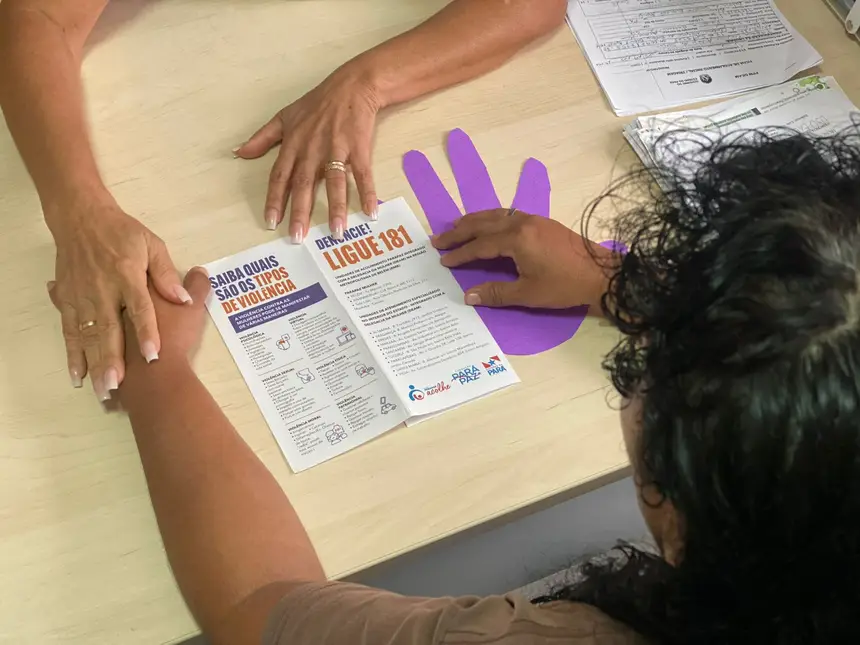
Strength to start over - The impact of this work is visible in the journey of the women served. A.A.E.M., 39 years old, who experienced domestic violence, found in the Psychology Service of the ParáPaz Foundation the essential support to rebuild her life.
“From the first day I started my care, I felt safe to share my pains and open my heart. The psychologist was undoubtedly one of the reasons that made me continue believing in better days. With her support and encouragement, I was able to empower myself and seek ways to strengthen my autonomy, especially financially, which was the most challenging part of this entire process. I am deeply grateful to have found this support, which gave me hope, courage, and the will to move forward,” emphasizes the user of the Foundation.
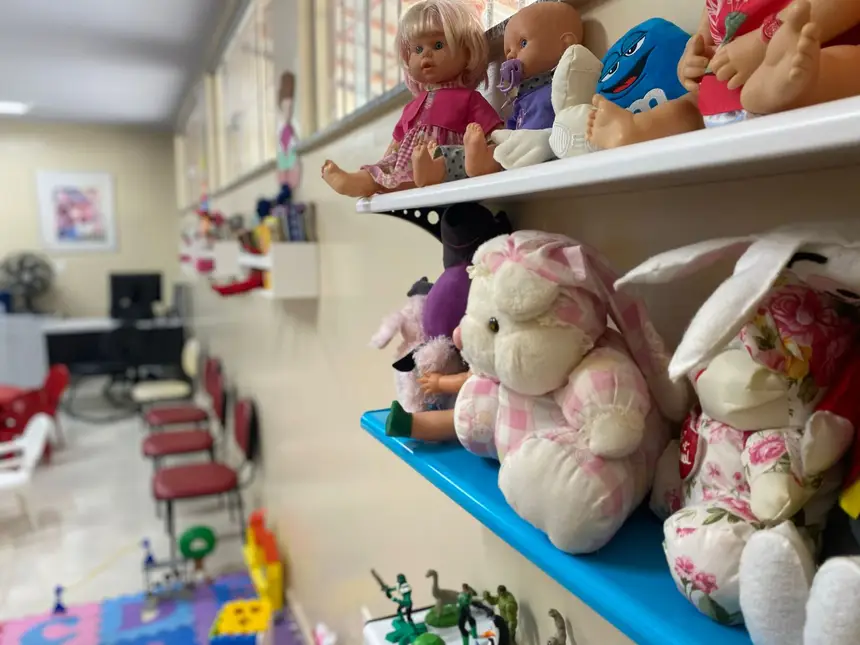
Moreover, the psychologists highlight the challenges and learnings of daily care. For Sabrina Monte, who has been working for almost six years at the ParáPaz Integrated Foundation in Tucuruí, in southeastern Pará, each appointment is an opportunity to listen to and transform life stories.
“The demand for care is difficult and painful. It is necessary to have sensitivity, respect, and ethics. There are cases that hurt the soul, like hearing children report situations of mistreatment and abuse, women describing the violence they have suffered. But at the end of each appointment, the gratitude for every word renews our strength and strengthens our path, with the certainty that we are heading in the right direction,” informs Sabrina Monte.
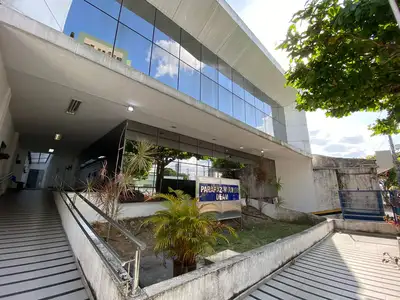
Support - Psychological care for children and adolescents is also a priority. The psychologist at the ParáPaz Santa Casa Care Center, Camila Sassim, explains that working with victims of sexual violence is challenging, as it requires embracing a deep pain without re-victimizing, dealing with severe emotional impacts, and at the same time coordinating with the protection network to ensure safety and care.

“It is essential to recover the self-esteem and self-confidence of these children, who often lose themselves in this process of violence. With younger children, under five years old, the challenges are even greater, as they do not yet verbalize enough or cannot organize the facts logically. Therefore, we use playful resources, such as playing, drawing, and painting, which allow them to express their pains and emotions naturally,” highlights Camila Sassim.
She emphasizes that the care also involves the guardians of the children and adolescents, strengthening the protection network, providing emotional support, guiding how to deal with the victim's feelings, preventing re-victimization, and ensuring a safe and welcoming environment for recovery and emotional stability.



